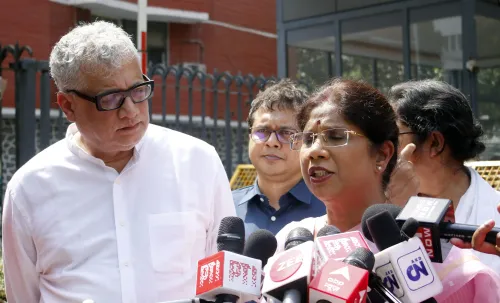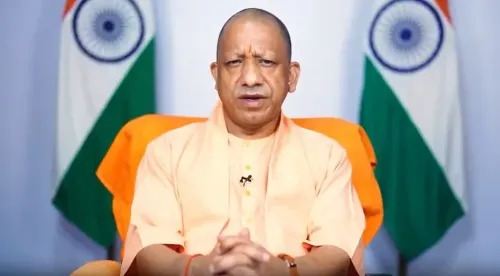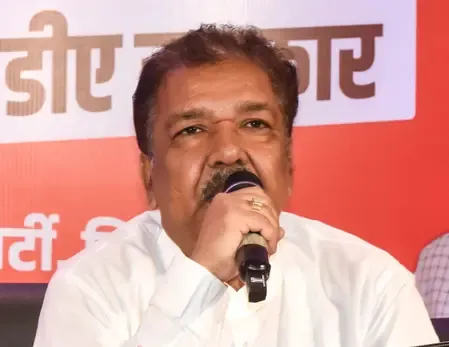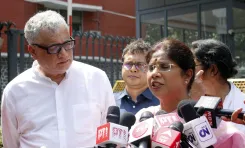JPC Chairman Criticizes Mamata Government for Waqf Bill Opposition
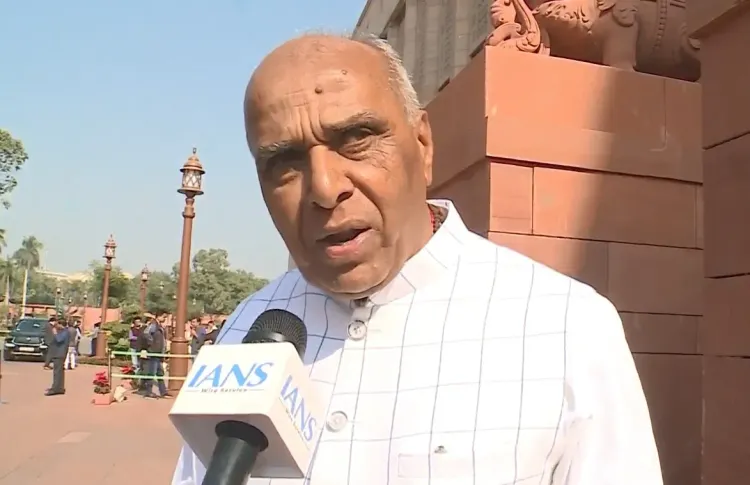
New Delhi, Dec 2 (NationPress) While the Joint Parliamentary Committee (JPC) is engaged in discussions regarding the proposed reforms in the contentious Waqf (Amendment) Bill, Chairman Jagdambika Pal on Monday reprimanded the Mamata government for its actions that he deemed as ‘disregarding and deriding’ the principles of Parliamentary democracy.
The JPC chairman expressed his outrage over the Mamata administration's resolution opposing the Centre's Waqf (Amendment) Bill, asserting to IANS that this move is highly objectionable and undermines the authority of the largest temple of democracy.
“The TMC government is proposing this resolution merely to convey to the Muslim community that it is aligned with them. This is nothing short of minority appeasement,” he stated to IANS.
“As the JPC examines the Waqf Bill, the Mamata government is pushing a resolution against it. What is their goal here? Do they lack respect for Parliamentary democracy?” he questioned.
Importantly, the Mamata-led Trinamool Congress is preparing to introduce a motion in the West Bengal Assembly opposing the Waqf (Amendment) Bill. Chief Minister Mamata Banerjee is also anticipated to express her opinions regarding the bill, which is presently under review by the Joint Parliamentary Committee (JPC). This development has already created a scenario for potential conflict between the TMC and the Bengal BJP.
The JPC chairman further criticized Kalyan Banerjee, a TMC lawmaker and opposition member of the parliamentary panel, for his 'provocative' and communally charged statements.
“Kalyan Banerjee claims that any land where the Muslim community prays will automatically belong to the Waqf Board. He should be making suggestions during JPC meetings rather than making inflammatory remarks in public,” Jagdambika Pal conveyed in a serious warning to the TMC member.
Meanwhile, the JPC has requested that state governments provide information regarding properties claimed by the Waqf Board under Section 40 of the Act. This section is known to be one of the most contentious provisions, allegedly granting the Waqf Board the authority to determine property ownership.
Addressing the matter, Pal mentioned, “We have instructed state governments to submit relevant details. If necessary, we will summon the chief secretary or the secretary of the minority department from the involved states.”

